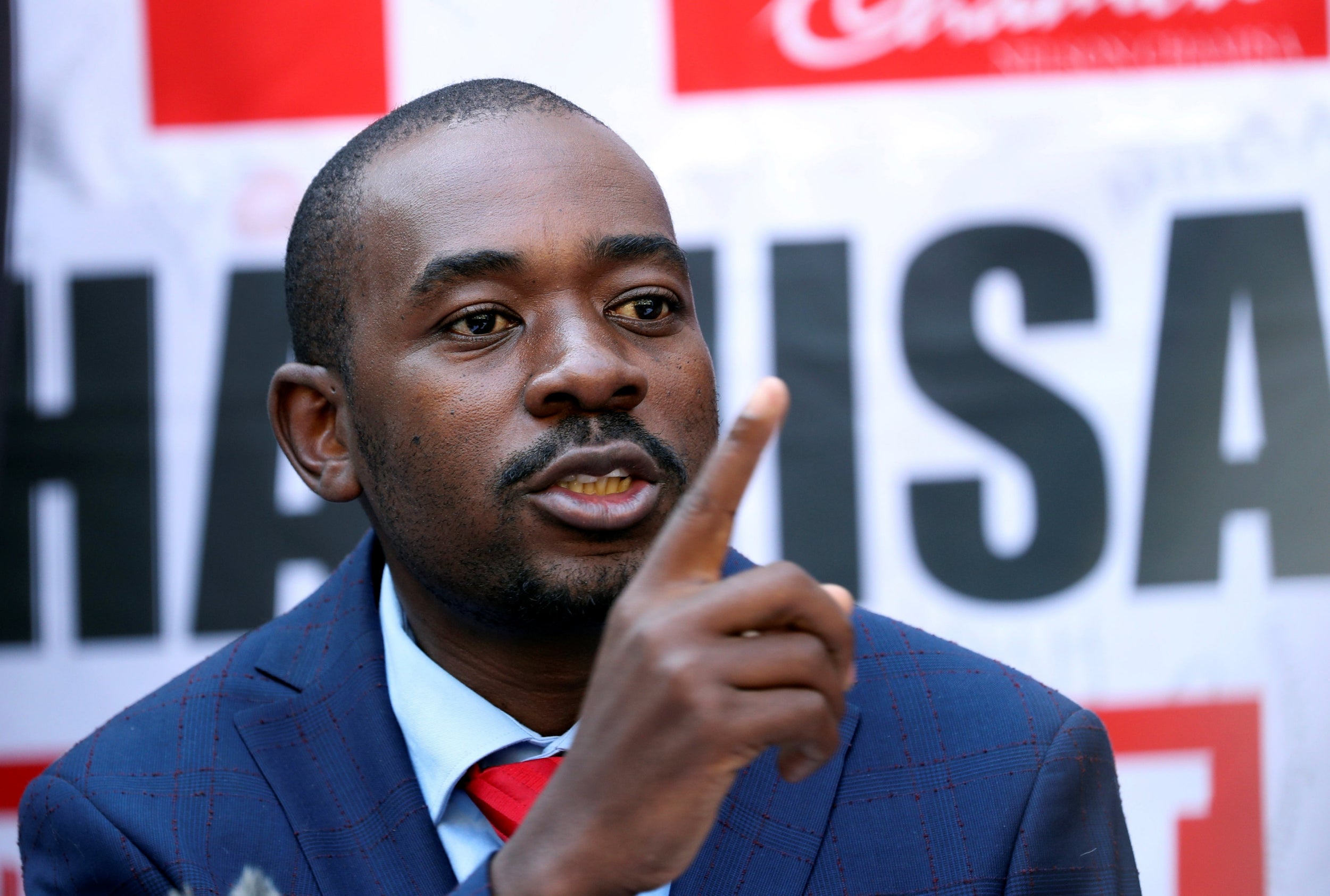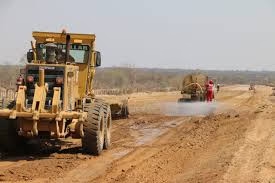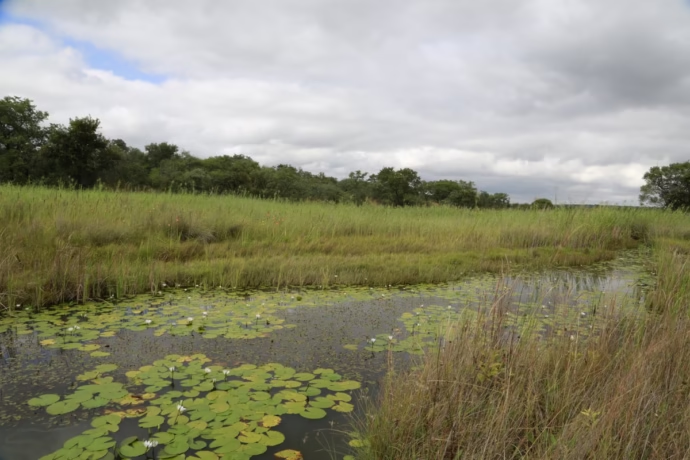
Nelson Chamisa, who recently stepped back into the political spotlight after a period of voluntary withdrawal, hosted an Annual Charity Dinner at Imba Manor in Glen Lorne, ostensibly to raise funds for the needy in Zimbabwe. While the premise of aiding the vulnerable is commendable, Chamisa’s track record casts serious doubts on the integrity and sincerity of such initiatives.
Chamisa’s history with fundraising has been marred by controversy. A glaring example is the GoFundMe initiative launched to secure a bulletproof vehicle for his safety. Despite raising approximately US$120,000, the promised vehicle has yet to materialize three years later, and no explanation has been offered regarding the missing funds. This unresolved issue raises questions about his ability to responsibly manage donations, leaving many of his supporters disillusioned.
The lack of transparency surrounding the charity dinner is equally troubling. Chamisa notably refrained from disclosing the total amount raised during the event, perhaps fearing that revealing such information might invite scrutiny similar to the debacle of the bulletproof vehicle fund. This opacity raises doubts about whether the intended beneficiaries of the dinner—the needy in Zimbabwe—will truly benefit from the funds, or if they were merely a convenient pretext for another questionable initiative.
Adding to the skepticism, Chamisa used the platform to announce plans for a new political party and pledged to lead Zimbabwe toward prosperity. However, this declaration is at odds with the poor performance of the CCC-led local authorities under his influence. For instance, Harare City Council, controlled by the CCC, has been implicated in the pollution of Lake Chivero, leading to the death of fish and other wildlife. The council’s failure to address such issues reflects poorly on Chamisa’s leadership and raises legitimate questions about his ability to fulfill broader promises of national prosperity.
Corruption within CCC-controlled councils further undermines Chamisa’s credibility. According to the Zimbabwe Anti-Corruption Commission’s 2021 report, council officials have been implicated in numerous scandals involving illegal land sales and shady deals. Harare alone recorded 93 complaints, far outpacing other regions like Mashonaland East, Bulawayo, and Midlands. Despite these glaring issues, Chamisa has not demonstrated the leadership necessary to address these problems within his own ranks.
Chamisa’s inability to effectively lead his party or address internal corruption weakens his claim to national leadership. Having previously stepped away from politics in frustration, he now seeks to revive his career without addressing the root causes of his failures. If Chamisa cannot hold his own subordinates accountable or transparently manage funds raised under his name, how can he inspire confidence in his ability to lead an entire nation?
To rebuild trust, Chamisa must prioritize transparency and accountability, starting with a full disclosure of how funds from past initiatives, such as the GoFundMe campaign, were utilized. Without such measures, his promises of prosperity and leadership will remain hollow. For now, his track record suggests that he is unfit to steer Zimbabwe toward a brighter future.




